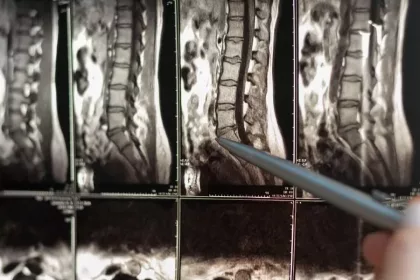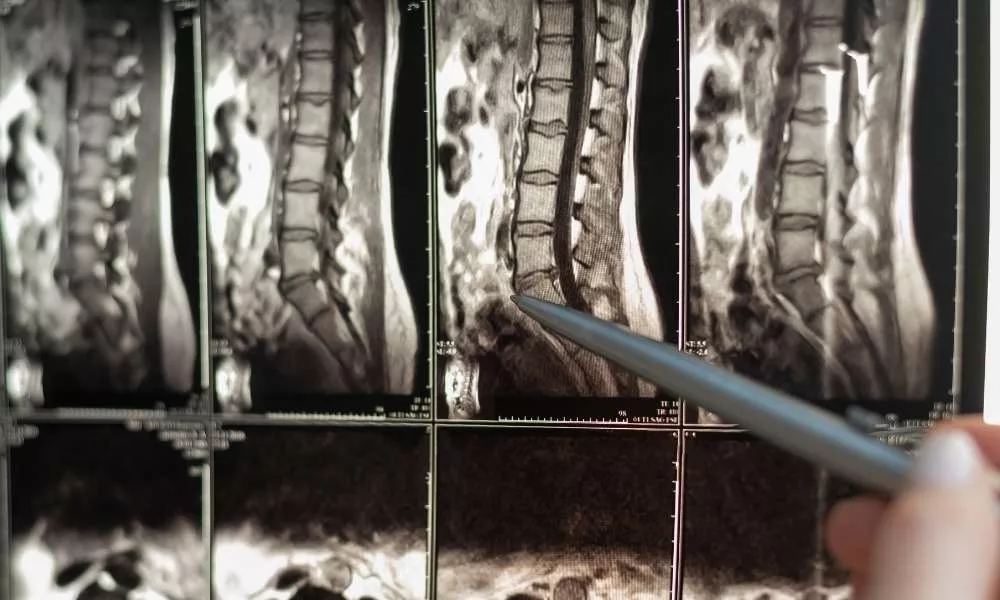

Biportal endoscopic spine surgery (BESS) has revolutionized the treatment of spinal conditions by offering a minimally invasive approach.
While the focus is often on patient outcomes and quality of life, it’s essential to consider the broader economic implications of this procedure.
Reduced Healthcare Costs
One of the most significant economic impacts of BESS is the potential reduction in overall healthcare costs. Compared to traditional open spine surgery, BESS often results in:
- Shorter hospital stays: Patients typically spend less time in the hospital, leading to reduced costs for room and board, nursing care, and other related services.
- Faster recovery times: Patients can return to work and normal activities sooner, reducing lost wages and reliance on disability benefits.
- Lower complication rates: The minimally invasive nature of BESS often leads to fewer complications, which can be costly to treat.
- Reduced medication use: Patients may require less pain medication and other post-operative treatments, contributing to lower healthcare expenditures.
Increased Productivity and Economic Growth
By enabling patients to recover more quickly and return to work sooner, BESS can positively impact economic growth. A reduced burden of spinal conditions can lead to increased workforce participation and productivity. Furthermore, the adoption of BESS can stimulate innovation and job creation in the medical device and healthcare industries.
Potential Challenges and Considerations
While the economic benefits of BESS are promising, it’s essential to consider potential challenges and factors that may influence the overall economic impact:
- Initial investment: Hospitals and surgical centers may require investments in specialized equipment and training for BESS procedures.
- Insurance reimbursement: Adequate reimbursement for BESS procedures is crucial for widespread adoption and accessibility.
- Patient selection: Identifying suitable candidates for BESS is essential to maximize the procedure’s benefits and cost-effectiveness.
Conclusion
Biportal endoscopic spine surgery has the potential to generate significant economic benefits by reducing healthcare costs, increasing productivity, and stimulating economic growth. As the technology continues to advance and become more widely adopted, its positive impact on the healthcare system and overall economy is likely to grow.

